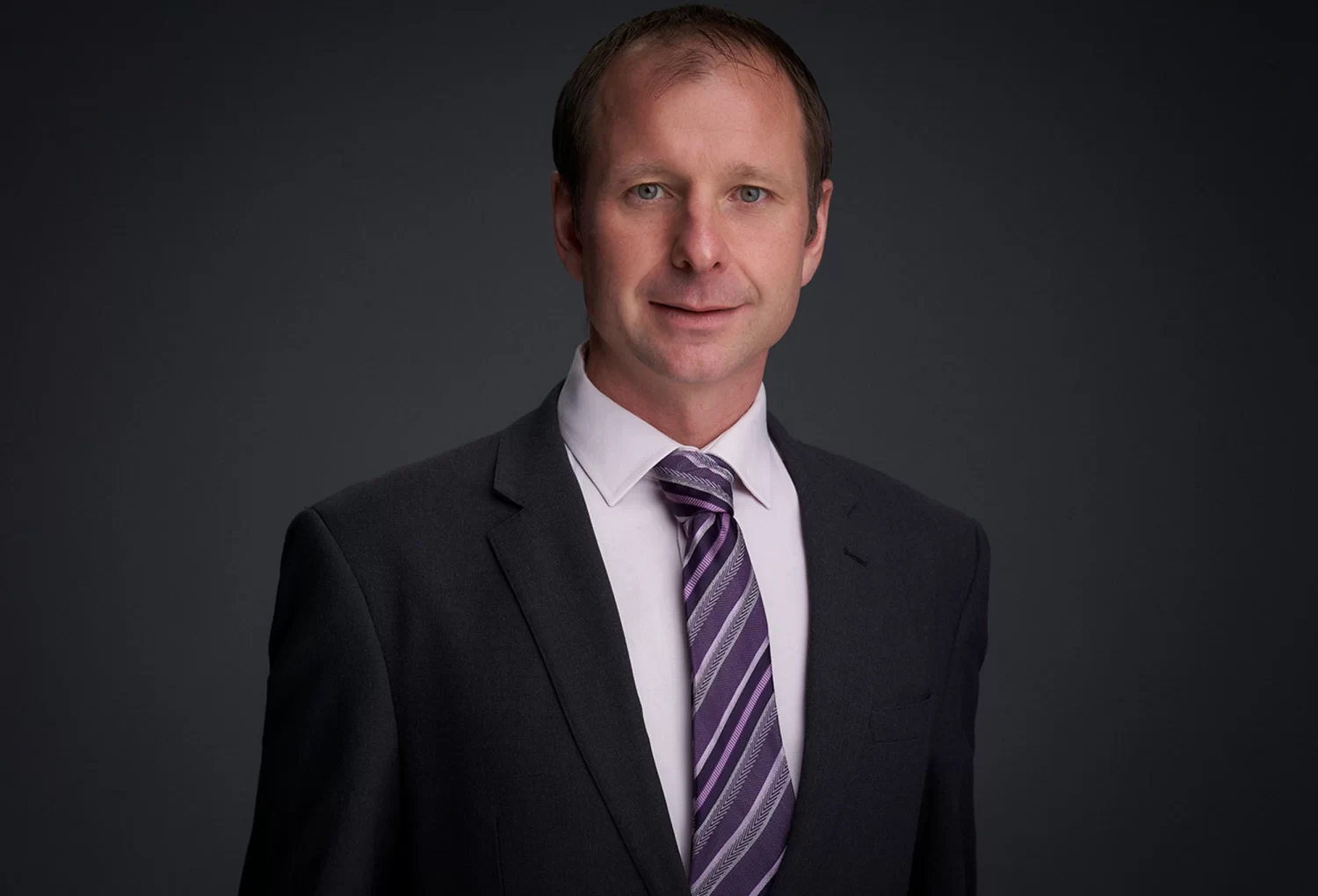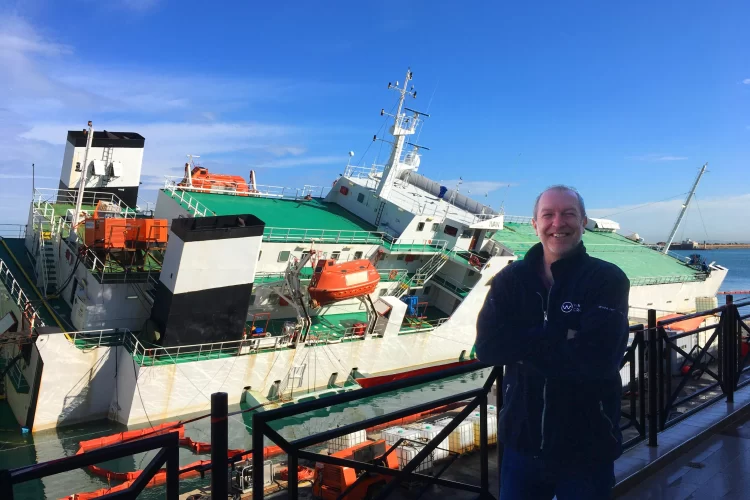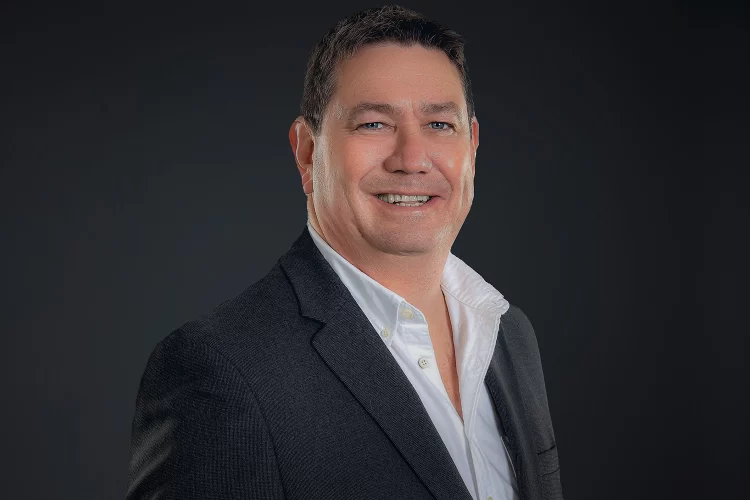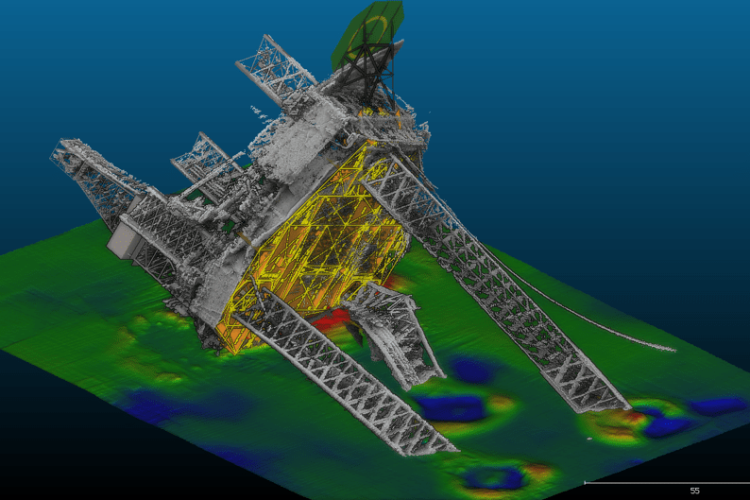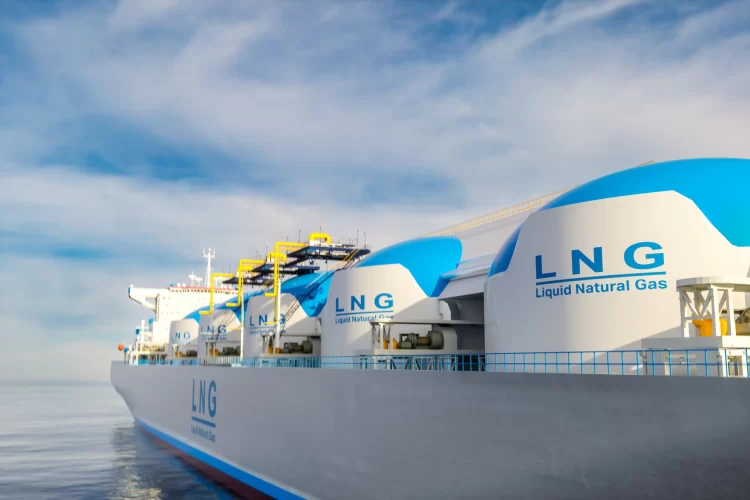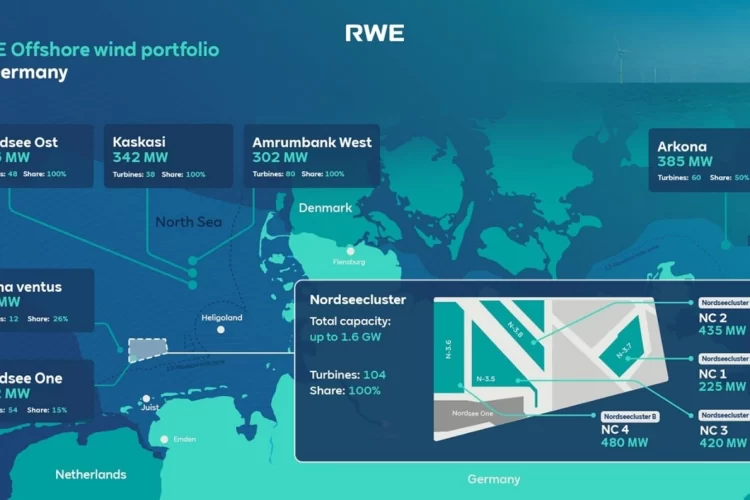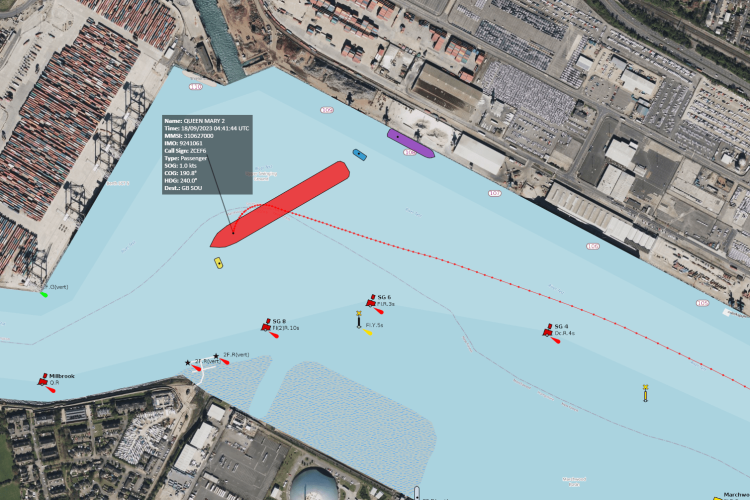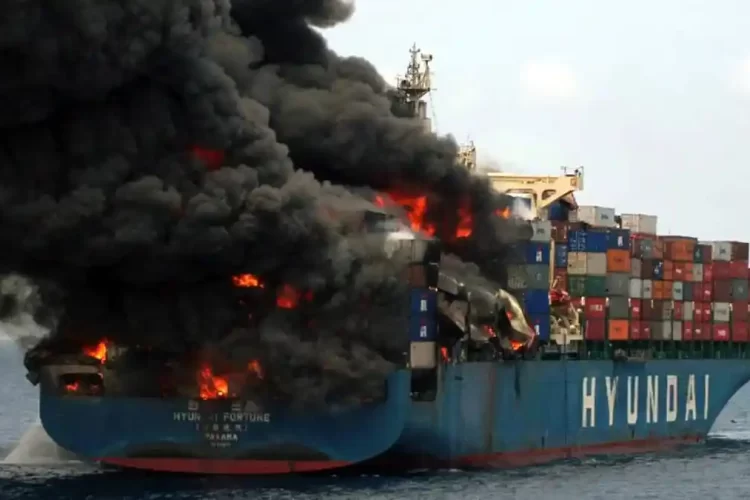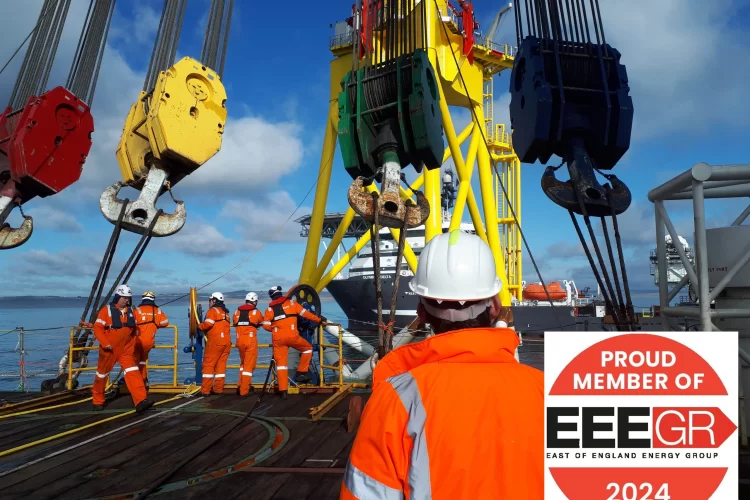
WAVES GROUP INCREASES LNG CAPABILITIES WITH LNG SPECIALIST
With the ongoing development of the Liquefied Natural Gas (LNG) shipping sector and use of LNG as a marine fuel, we are delighted to announce the further expansion of our team with the addition of Kenneth English, an LNG Specialist and Class 1 Marine Engineer.
2020 saw the initiation of the IMO 0.5% Sulphur Cap and a gradual shift to the use of LNG in shipping as a more cost-effective alternative. Compared to heavy fuel oil, LNG is the cleanest marine fuel available with significantly lower CO2 emissions, and almost non-existent particle emissions.
Adopting LNG as a marine fuel means complete removal of SOx and particles, and reduction of NOx emissions of up to 85 percent reducing CO2 emissions by at least 20 percent – complying with the requirements of the revised MARPOL Annex VI and the current IMO regulations.
While different technologies (scrubbers) can be used to comply with air emission limits, LNG is very competitive pricewise compared to distillate fuels and, unlike other solutions, does not require the installation of additional process technology. LNG carriers also have a good safety record.
Earlier, LNG vessels mainly operated in the short sea shipping or dedicated LNG projects, such as the ferry market or offshore platform supply vessels or between just two very specific port. However, since the new IMO regulation, wider segments of the industry are increasingly taking advantage of the benefits offered by LNG as a marine fuel. The recent launch of ultra-large LNG powered container ships, offshore construction vessels and LNG cruise ships are clear indications of the growth of this technology and its potential for supporting the sustainability of the maritime sector.
Even though there are environmental and cost benefits for LNG, there are associated risks to design, build and operate gas-fuelled vessels in a safe and sustainable way. These risks must be thoroughly investigated and minimised. Important risk-related items to consider include the high energy content of LNG tanks, explosion hazard in case of gas leakage, extremely low temperatures of the LNG cargo and fuel, hazardous versus non-hazardous cargo spaces and with the expanse of LNG into new sectors of the shipping industry inexperienced crew who are unused to working with LNG.
Another factor to consider is, what happens when there is an incident? LNG spills are not generally considered dangerous unless there is a collision with another ship, for example, or other circumstances which may result in an explosion. This could potentially turn a minor spill into a major casualty leading to cryogenic burns, asphyxiation, dispersion, fire, and an explosion. However, without a source of ignition, spilt LNG will vaporize from water rapidly needless to say the risks of brittle fracture and GHG emissions need to be carefully assessed.
Necessary safety measures should be taken with regards to public safety and risk mitigation when using LNG as the fuel source. To minimise the risk and increase the cost benefit the help of an experienced LNG specialist is needed from the initial design stage through to any incident response management.
The addition of Kenny to our team of Marine Engineers strengthens our ability to provide that essential LNG experience and increases our LNG casualty response expertise even further.
Kenny is a Chartered Engineer with over 20 years of experience working within the maritime sector predominantly in LNG. He is a member of the Institute of Marine and Electrical Service Technicians and holds a Class One Engineering Certificate of Competency gained through his sea-going experience on LNG and Oil Tankers.
Having worked for BP over 23 years, Kenny’s experience spans a full range of activities from LNG Vessel Newbuilds, Dry Dockings and Management to LNG Ship / Shore Compatibility Studies (SSCS), Optimoor Feasibility Studies, LNG Inspections, Obsolescence Management, Gas Engines both DFDE and MEGI, Fuel Gas Supply System Management, and LNG tank repairs, plus Marine Support to Sales and Purchase Agreements.
Kenny has a wealth of experience on LNG vessels, responsible for LNG tank repairs, LNG Project Appraisal and LNG Operations, he has managed and led LNG vessel dry dockings with multi-million-dollar budget responsibility. He has successfully managed numerous modifications onboard LNG vessels and has used his knowledge of Gas Engines and Reliquification Plant to support SIGTTO (Society of International Gas Tanker and Terminal Operators) as the Chairman of two industry working groups. As a senior LNG Superintendent within BP, he was also responsible for the mentoring and training of new Superintendents within BP.
We are pleased to have Kenny join our team of Marine Engineers further enhancing our engineering, casualty response capabilities and increasing our ability to better serve our clients. Our team of marine engineers have many years’ experience in the investigation of marine plant and fuel incidents, ship fires, incidents and major casualties. For further information about our marine engineer team, please visit our website www.waves.capedigital.co.uk or contact [email protected].
